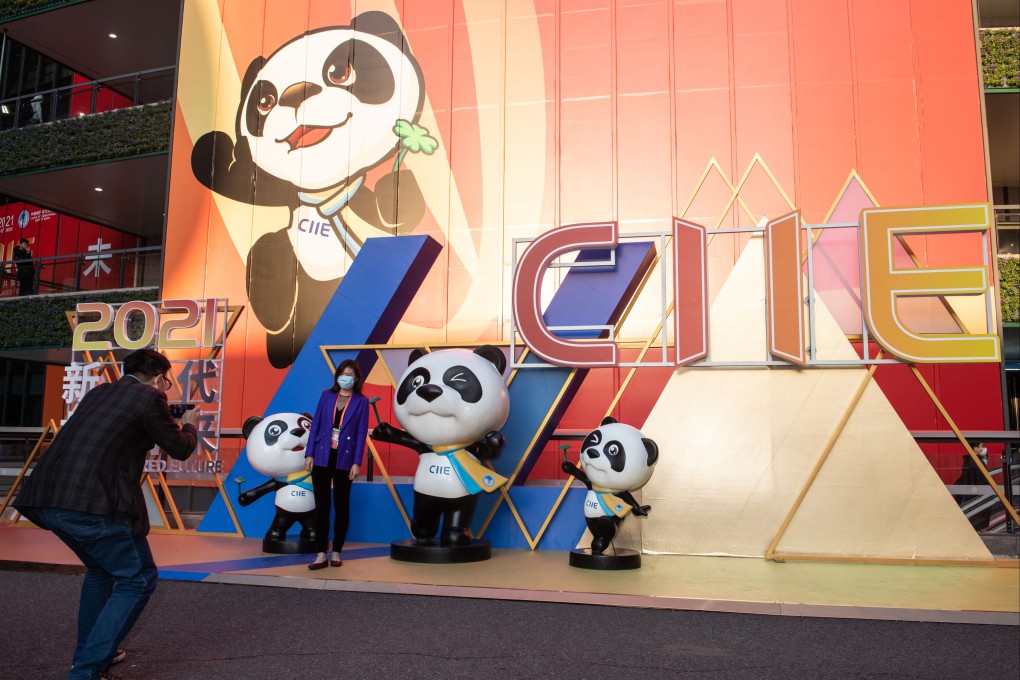Outside In | Who says China is retreating into splendid self-isolation?
- China’s trade and FDI numbers continue to rise and its industrial policies aim to strengthen the domestic economy and plug manufacturing vulnerabilities – not decouple
- For more proof, look to its long-standing engagement with international bodies and the outreach of its Belt and Road Initiative

Once upon a time there was a narrative: after three decades of opening up to the global economy, winning access to international markets and capturing what intellectual property it could, China is reverting to a centuries-old preference for self-isolation.
Therefore, Western economies must prepare for the worst, economically and militarily, as China recoils from global cooperation in the belief the world needs China more than it needs the world.
“Xi’s dismissive attitude to the climate talks was not so much Middle Kingdom as middle finger,” said Rachman. “The Chinese leader’s refusal to travel to Glasgow for COP26 … is part of a broader pattern of national self-isolation. “The effects on international business [of China’s self-isolation] are already apparent. China continues to trade and invest with the outside world. But business ties are fraying.”

